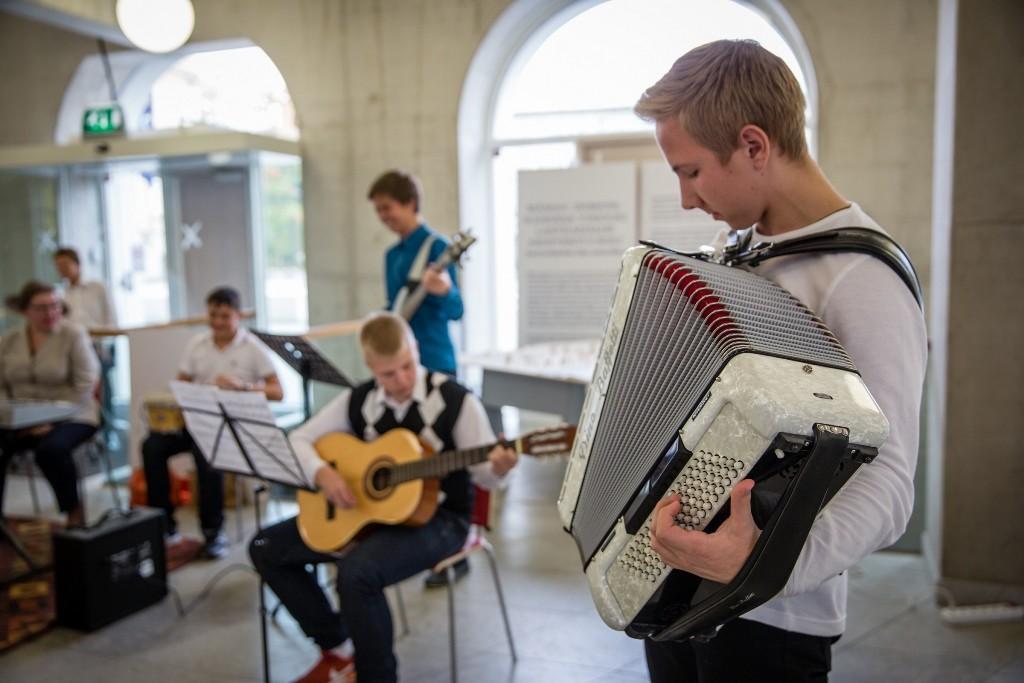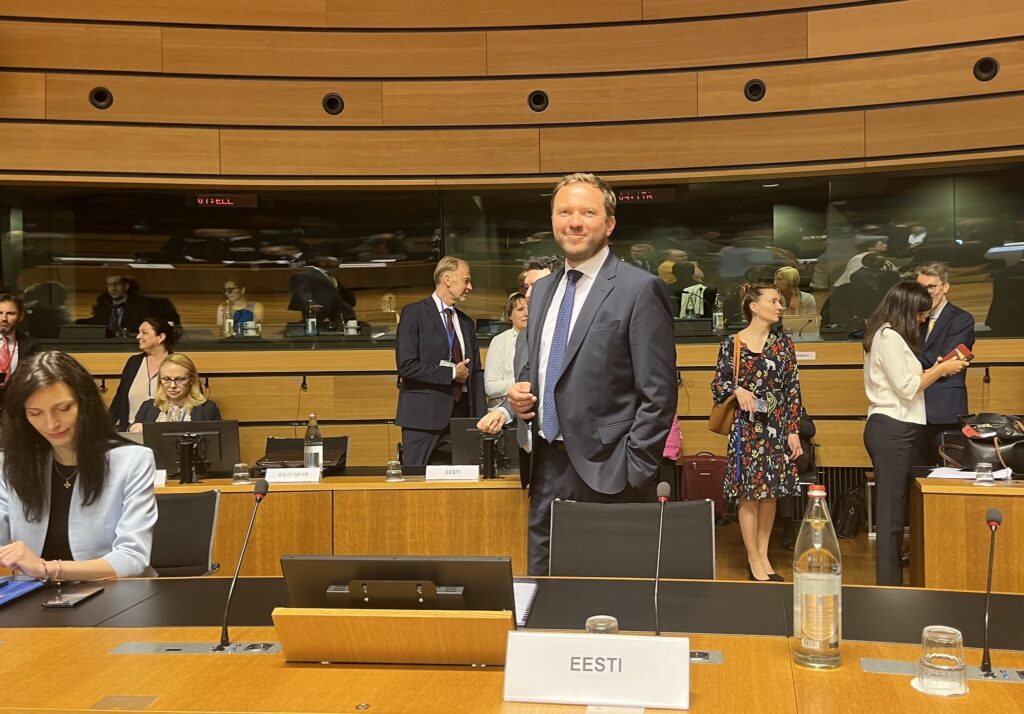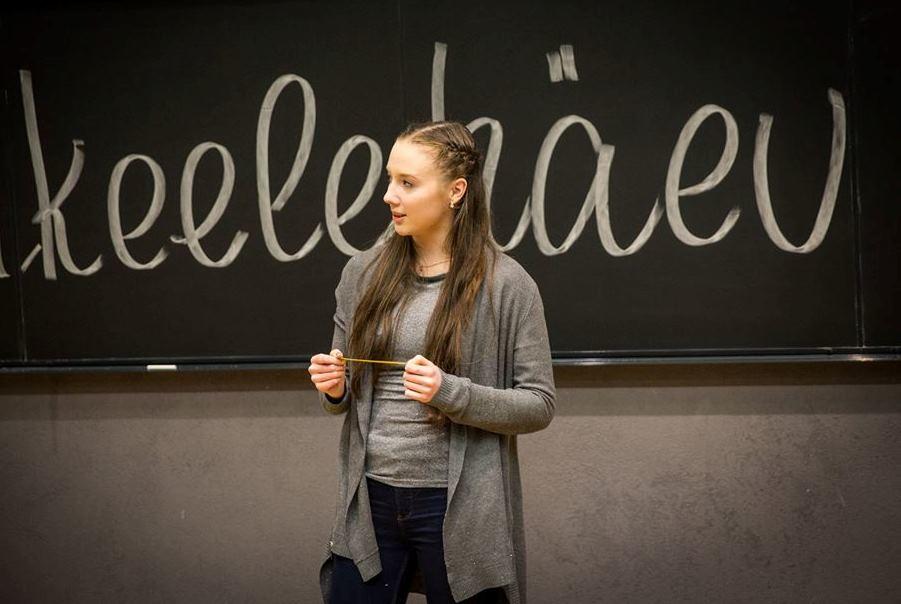UN human rights experts have expressed grave concern about new legislation that appears to eliminate minority language education in Estonia.
“Recent legislative amendments appear to severely restrict education in Estonia’s minority languages by making the transition to Estonian-language education compulsory for all pre-school and school institutions, including those operating in a minority language or bilingual institutions,” Fernand de Varennes, the special rapporteur on minority issues; Alexandra Xanthaki, the special rapporteur in the field of cultural rights; and Farida Shaheed, the special rapporteur on education, said in a statement.
The “Act on Amendments to the Basic School and Gymnasium Act and Other Acts (Transition to Estonian-Language Education)”, adopted by the Estonian parliament on 12 December 2022, introduces restrictive and potentially discriminatory measures affecting the rights of ethnic and linguistic minorities in education, according to the experts.
The legislation reportedly allows “language and cultural studies” for minority children whose mother tongue or native language is not Estonian only under certain conditions, as part of these specific classes and for a short period of time.
“Severely restricts minority language education”
“In other words, minority language has been effectively eliminated as a medium of instruction,” the experts said.

They expressed particular concern about how the new provisions could affect members of the Russian linguistic minority, who make up a significant proportion of the country’s population. Despite protests from Russian-speaking parents and children, a number of Russian-language schools have reportedly been closed in recent years.
“By eliminating minority language instruction in pre-schools and schools, the new law severely restricts minority language education in Estonia, in contravention of international human rights instruments,” the experts said.
The UN experts have been in contact with the Estonian government regarding these issues.
ForMin: No grounds linking the issue with human rights
The Estonian foreign minister, Margus Tsahkna, said in a response to the UN statement that “Estonia had been preparing for the transition to Estonian-language education in schools for a long time in order to offer all children, irrespective of their native language, the opportunity to acquire quality education in Estonian, create uniform opportunities on the labour market and increase the cohesion of society.”

“There are no grounds for linking the transition to Estonian-language education, which is a part of the integration policy, to ensuring human rights. In Estonia, the opportunities of minorities to study in their native languages and cultural diversity are supported on a broader scale,” according to Tsahkna.
“We have ratified international human rights conventions and are fulfilling our human rights obligations. We will reply to the UN human rights experts concerns in due course.”
Estonia is planning to transition to Estonian-only education in kindergartens and in first and fourth grades in 2024. According to the education ministry, the transition will take six years.


Do not sell your sould, Estonia, to the maniacs in the UN, a worthless body if there ever was one.